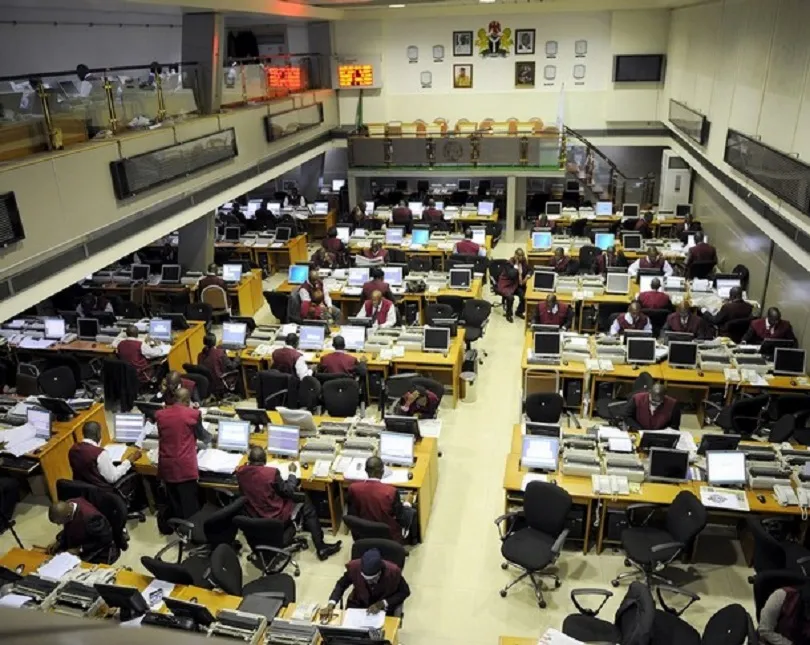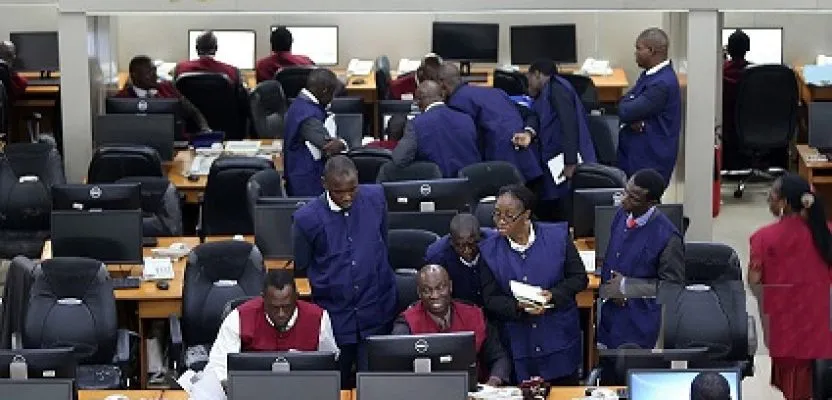Shell’s $2.4bn sale of its Nigerian assets has emerged as the largest mergers and acquisitions transaction recorded in Africa for 2024, according to data from DealMakers AFRICA.
The deal, which involves the disposal of onshore oil and gas assets to a consortium of local and international investors, highlights Nigeria’s role in driving M&A activity across the continent. The transaction underscores the continued dominance of the oil and gas sector in Nigeria’s economy while also reflecting growing global interest in transitioning energy portfolios.
“Of the top 10 deals by value recorded by DealMakers AFRICA so far this year, the disposal by Shell of its assets in Nigeria to a consortium tops the table at US$2.4bn.”
Shell’s decision to divest aligns with its long-term strategy of focusing on cleaner energy sources and reducing exposure to onshore oil risks, including operational challenges and environmental concerns. This move comes as Nigeria continues to attract investor interest, with 48 recorded M&A deals positioning the country as the leader in West Africa and second only to Egypt on the continent.
While oil and gas remain central to M&A activity in Nigeria, renewable energy projects are gradually gaining traction, driven by sustainability goals and environmental, social, and governance considerations.
Analysts believe this shift could diversify Nigeria’s investment landscape and increase deal flow in emerging sectors.
Experts have praised the Shell transaction for its significance in maintaining Nigeria’s status as a prime destination for high-value deals. However, they noted that rising interest rates and global economic pressures continue to challenge the availability of debt financing, which could impact the overall pace of deal-making in the country.
The Shell deal is expected to have a ripple effect on the Nigerian oil and gas sector. Analysts anticipate further asset sales and potential consolidations as companies realign their portfolios in response to evolving market dynamics.
-By Temitope Aina





